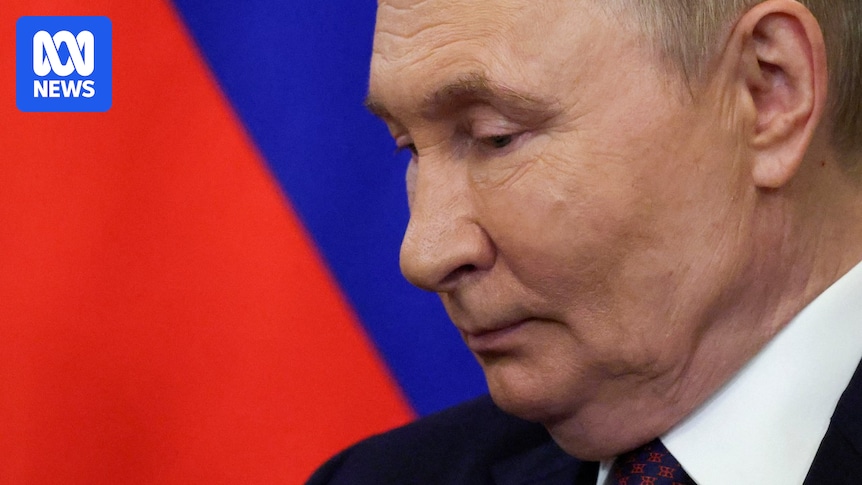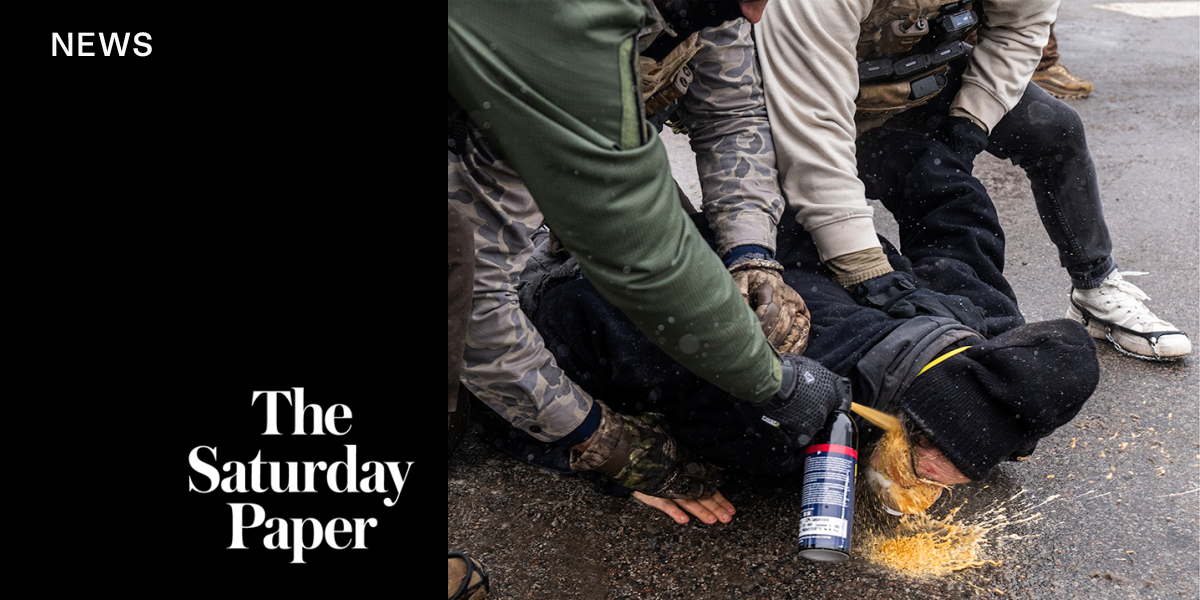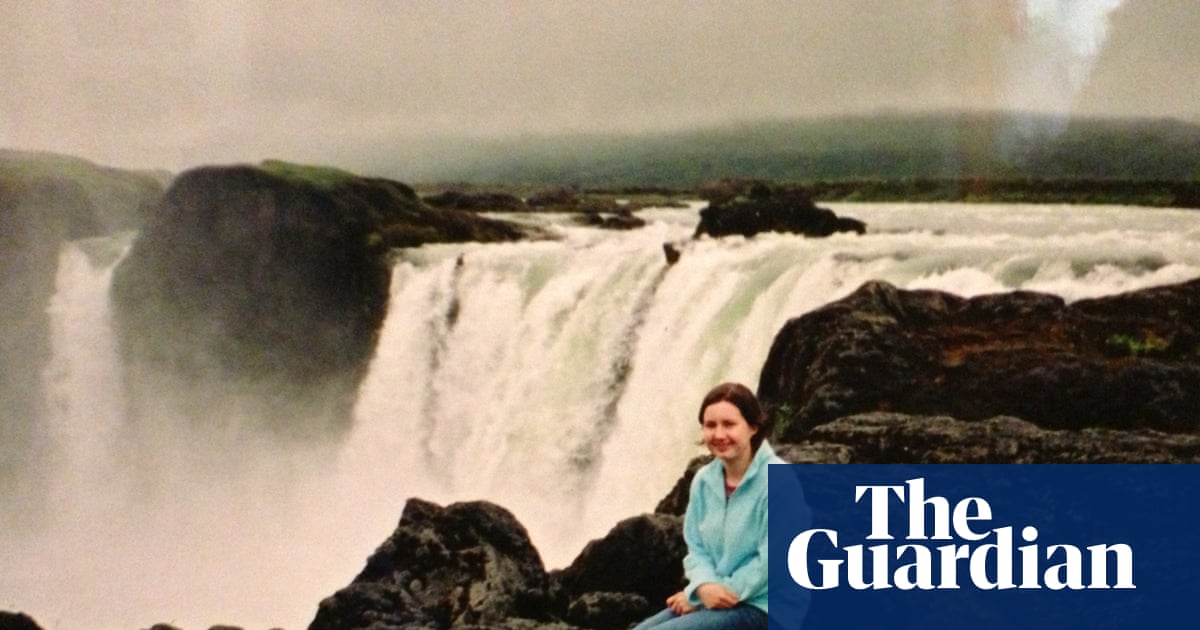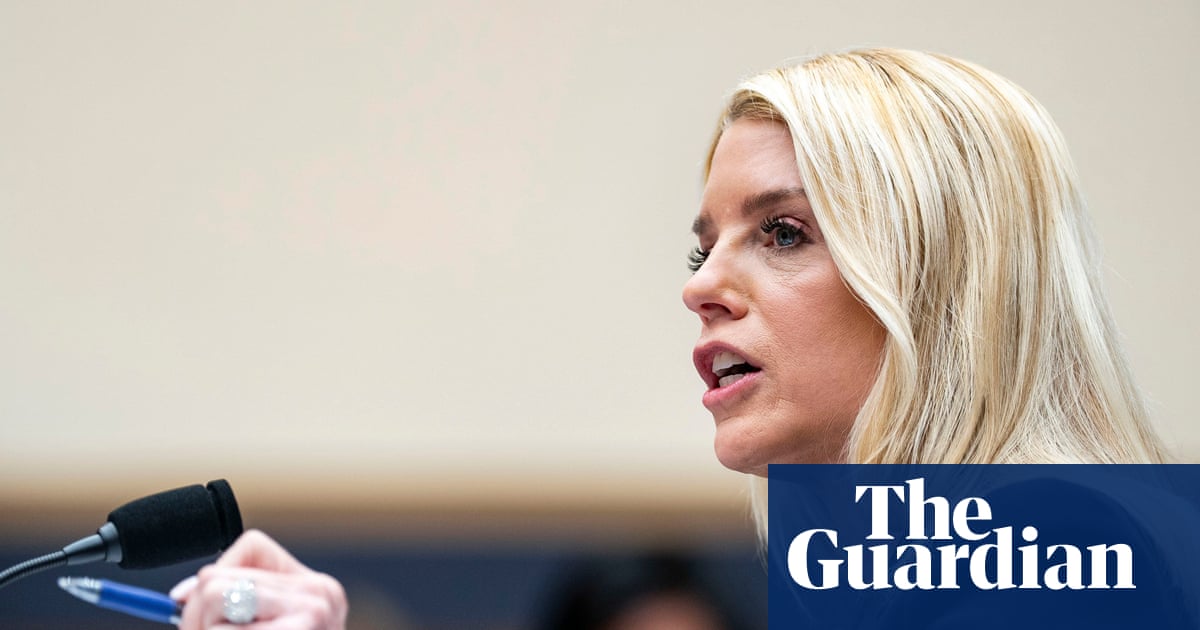
The Ukrainian city of Mukachevo, just 30 kilometers from the Hungarian border, found itself at the center of international attention after a US-owned electronics factory was shelled by Russian forces. This incident underscores the escalating tensions in the region and casts doubt on the significance of last weekend’s meeting in Alaska between former US President Donald Trump and Russian President Vladimir Putin. The meeting, initially perceived as a potential step towards peace, now appears to have been more symbolic than substantive.
The Ukrainian leadership described the attack on the Texas-based Flex factory as a deliberate provocation. Andy Hunder, head of the American Chamber of Commerce in Ukraine, took to social media to urge Trump to demonstrate that “the United States protects its own.” Hunder’s statement highlights the broader implications of Russian aggression, stating,
“Russia continues to destroy and humiliate US businesses in Ukraine, targeting companies that invest and trade on the US stock markets.”
Despite the gravity of the situation, there was no immediate response from Washington, leaving many to question the US’s commitment to its allies and its own economic interests abroad.
Russia’s Reluctance for Peace
Flex, the company targeted in Mukachevo, clarified that its operations are strictly civilian, focusing on consumer manufacturing rather than defense. Ukraine’s Prime Minister, Yulia Svyrydenko, sarcastically remarked that the enemy seemed intent on ‘liberating’ Ukraine from coffee machines. This statement reflects the broader frustration with Russia’s continued aggression.
Meanwhile, the Alaska summit offered little in terms of concrete outcomes. Trump’s previous threats of sanctions seemed hollow as the meeting concluded with vague promises of security guarantees for Ukraine, which lacked any substantial commitment. The possibility of a land “swap” was dismissed as an issue for Ukraine and Russia to resolve independently.
Russian Foreign Minister Sergey Lavrov reiterated Russia’s stance, dismissing any security discussions without Russian involvement as futile. Lavrov’s words,
“a road to nowhere,”
emphasize Russia’s demand for a veto power over Ukraine’s security arrangements.
European Leaders Stand Firm
In stark contrast to the Alaska meeting, European leaders convened in Washington to express their unwavering support for Ukrainian President Volodymyr Zelenskyy. The significance of their presence lies not in the immediate outcomes of their talks but in the united front they present against Russian aggression.
The geopolitical landscape is shifting as Western Europe recognizes the existential threat posed by Russia’s actions. Germany and France, alongside the UK, are aligning their strategic priorities, with Germany’s industrial base pivoting towards defense production. Factories that once produced train carriages are now manufacturing tanks and armored vehicles.
Reuters reported that Russia is preparing to increase taxes and cut spending in areas like health and education to sustain its military efforts. This financial strain is evident as Russia’s budget deficit for the first eight months of the year exceeded the annual target by a quarter.
Strategic Implications for Europe
Europe’s response to the crisis is reminiscent of pre-World War II rearmament efforts. The continent’s two largest nations, Germany and France, are now aligned on defense matters, with the UK providing additional nuclear deterrence. This newfound unity is crucial as Ukraine shares borders with European countries, keeping the focus on the potential for a broader conflict.
Trump’s confirmation that US security guarantees would not involve troops on the ground is a concerning development for Ukraine and its allies. Historian Margaret MacMillan noted in Foreign Affairs that Trump’s actions seem to undermine longstanding alliances, writing,
“It’s hard to think of a case in which the leader of a major alliance has so casually and brutally cast aside allies.”
Looking Ahead
The events of the past week have emboldened Putin, who may believe that time is on his side. However, the European response suggests a growing recognition of the need for a robust defense strategy. The strategic importance of the Donbas region, with its fortified cities and logistical hubs, remains a focal point in the conflict.
While the Alaska meeting may not have yielded significant results, it highlights the ongoing struggle for influence and control in Eastern Europe. The world watches as Ukraine’s fate becomes increasingly intertwined with the broader geopolitical dynamics of the region.





